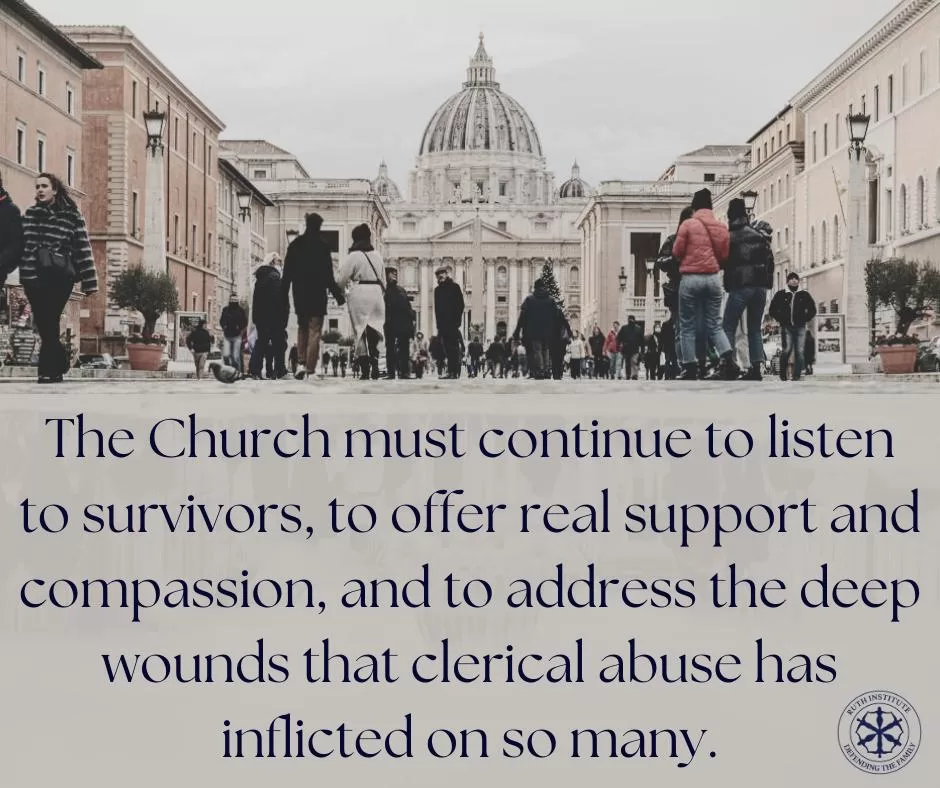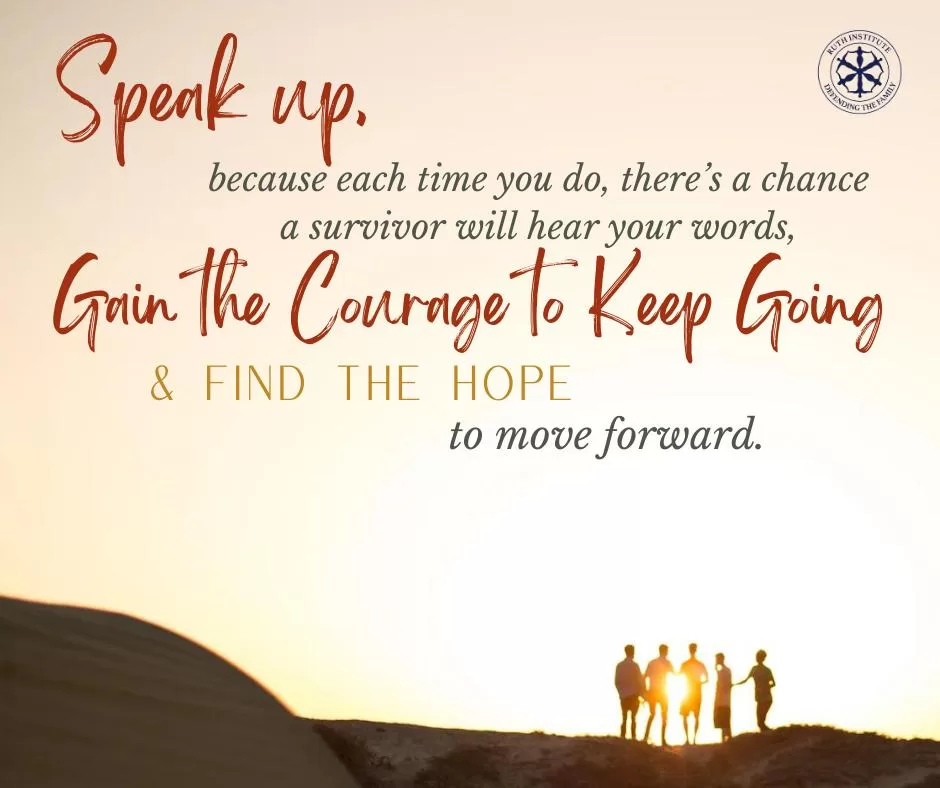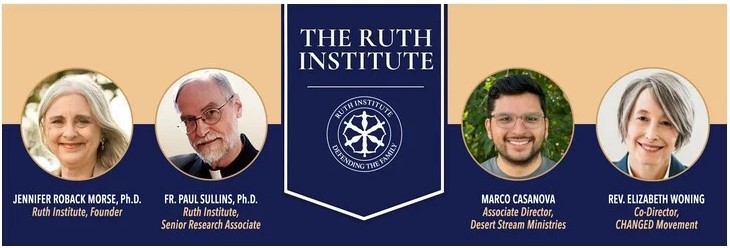Faith Hakesley
One of the greatest challenges I personally face is the constant push from many individuals to stop speaking about clerical abuse. Trust me, I “get” it. It might seem like a topic that has been exhausted and a chapter that the Church has closed with a sense of finality. I often hear questions like, “Why do you keep talking about it? Hasn’t the Church already dealt with it?” To those on the outside, it may appear that we have effectively addressed the crisis, responding with love and compassion to the victims. Unfortunately, for many survivors, this has not been the case.
The Suffering of Survivors is Not Over
The Church has made some strides in addressing the issue, but the journey is far from over. The reality is that many survivors still feel unheard, unseen, and unsupported. For every person who believes the Church has done enough, there are countless others who continue to suffer in silence. They continue to struggle with the trauma of their experiences and the ongoing pain of being marginalized or dismissed. Even those who do have a voice still have to live with the pain and put in the hard work to heal. This is why I continue to speak out, even when it feels like the world isn’t listening.

I would be lying if I said speaking out and advocating was easy. There are times when I go through intense periods of struggle, where a small inner voice taunts me with thoughts like, “What’s the point? Why bother? No one pays attention. No one cares anymore.” Speaking as a survivor, seeing the lack of concern (except along certain groups) is quite heartbreaking. A bigger, hotter news story comes along, and clerical abuse (once such a common topic) quickly gets buried. Of course, no one expects it to be on everyone’s minds constantly. People are understandably tired of hearing about it. But guess what? So are survivors. We’re tired of dealing with it, living with it, and in many cases, we’re tired of being ignored and receiving little to no help, compassion, and justice from the very people who are supposed to represent Our Lord.
We Must Keep Talking About Clerical Abuse
The truth is, I don’t talk about clerical abuse because it’s easy or because I want to dwell on the past. I talk about it because it is necessary. I talk about it because there are still so many who need to hear that they are not alone, that their pain is real, and that their voices matter. The response to these conversations may not be overwhelming and I get little no personal gain from it, but that’s not why I do it. I do it because I know that someone is always listening, even if they don’t directly respond.
People at The Ruth Institute, The TentMakers of Louisiana, Awake, and others bring awareness to the issues at hand and offer hope and aid to survivors. We are picking up the slack of those within the Catholic Church who should be helping but instead are turning a blind eye. We help because we care about helping God’s children to heal.
The Need to Validate Survivors
Sometimes, the one person listening is a survivor who desperately needs to feel seen and validated. Sadly, so many survivors have been silenced or ignored. Simply knowing that someone out there understands their pain can make all the difference. It can be the spark that reignites their hope and the moment that helps them take one more step on their journey of healing. That’s why I keep talking about clerical abuse, even when it feels like I’m shouting into the void. I do it for the survivor who might stumble across my words. For the first time, they just might feel that they are not alone.
The fight for justice and healing is far from over. While progress has been made, there is still so much work to be done. The Church must continue to listen to survivors, to offer real support and compassion, and to address the deep wounds that clerical abuse has inflicted on so many. Nothing will change for the better if we stop talking about it. We cannot let the conversation fade away because it’s uncomfortable or because people believe the issue has been resolved.
Keep Speaking Out
I will continue to speak out, to keep sharing my story and the stories of others, and I will keep reminding the world that the impact of clerical abuse is still very real. There are still many who need our support. And I will do it with the hope that my words will reach those who need to hear them the most. There are still many who are struggling in the shadows, searching for a glimmer of hope.

I encourage you all to speak out whenever possible, encourage others to do the same, support survivors in any way you can, and pray. Pray for survivors and for the renewal of the Church. One of the most powerful acts I have personally witnessed in my own Catholic community was when a priest led the congregation in prayer for survivors of clerical abuse instead of giving his Sunday homily. That simple act was deeply moving, spoke volumes, and brought so much healing. It was deeply moving to witness everyone united in prayer for that special intention.
In the end, the real reason I talk about clerical abuse isn’t just to raise awareness or to push for change. Of course, though those are important goals! I do it because I believe in the power of being seen, heard, and validated. Every time I speak up, there’s a chance that a survivor will hear my words and find the courage to keep going. And if even one person feels less alone because of what I’ve shared, then it’s all worth it.


